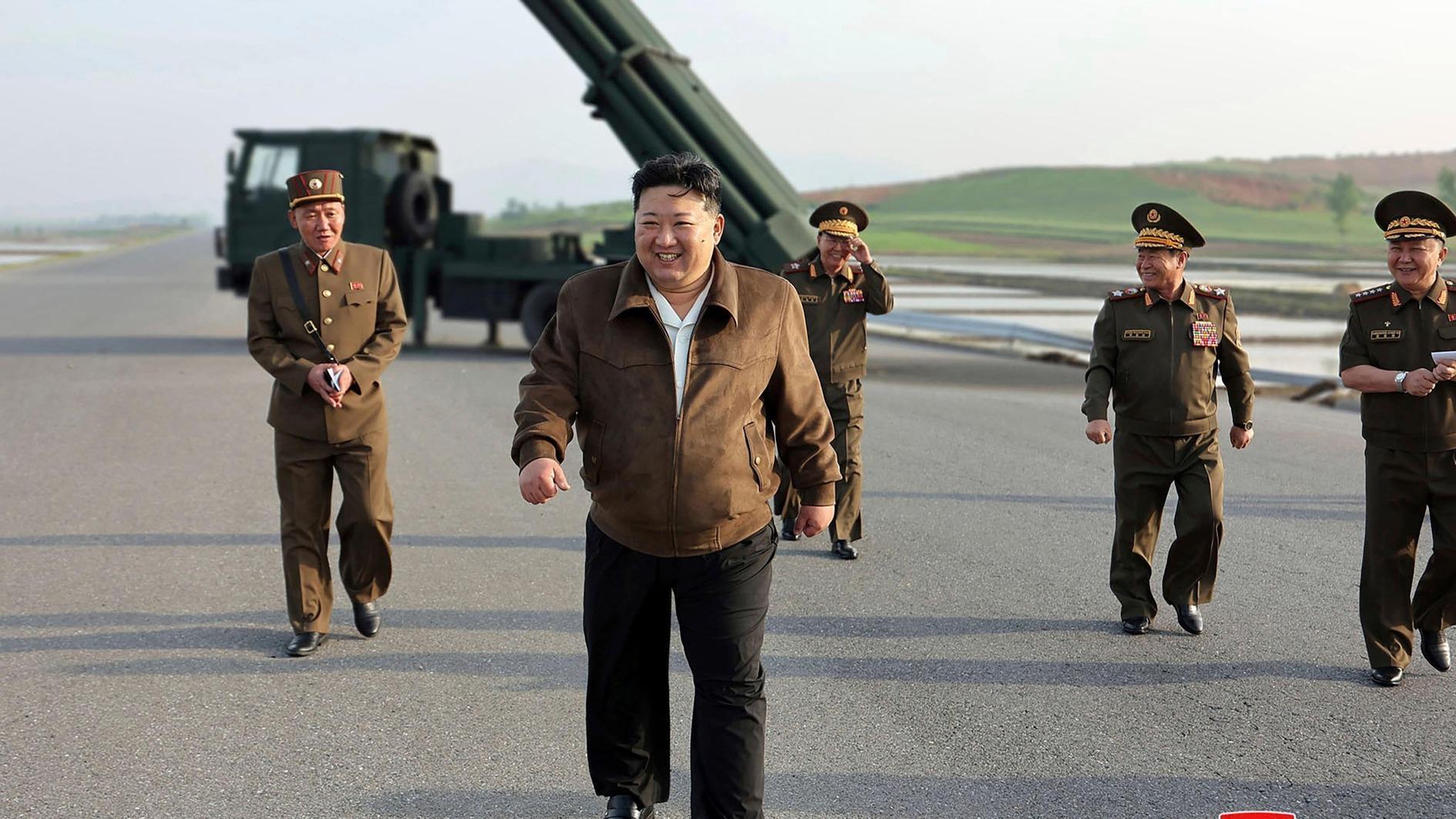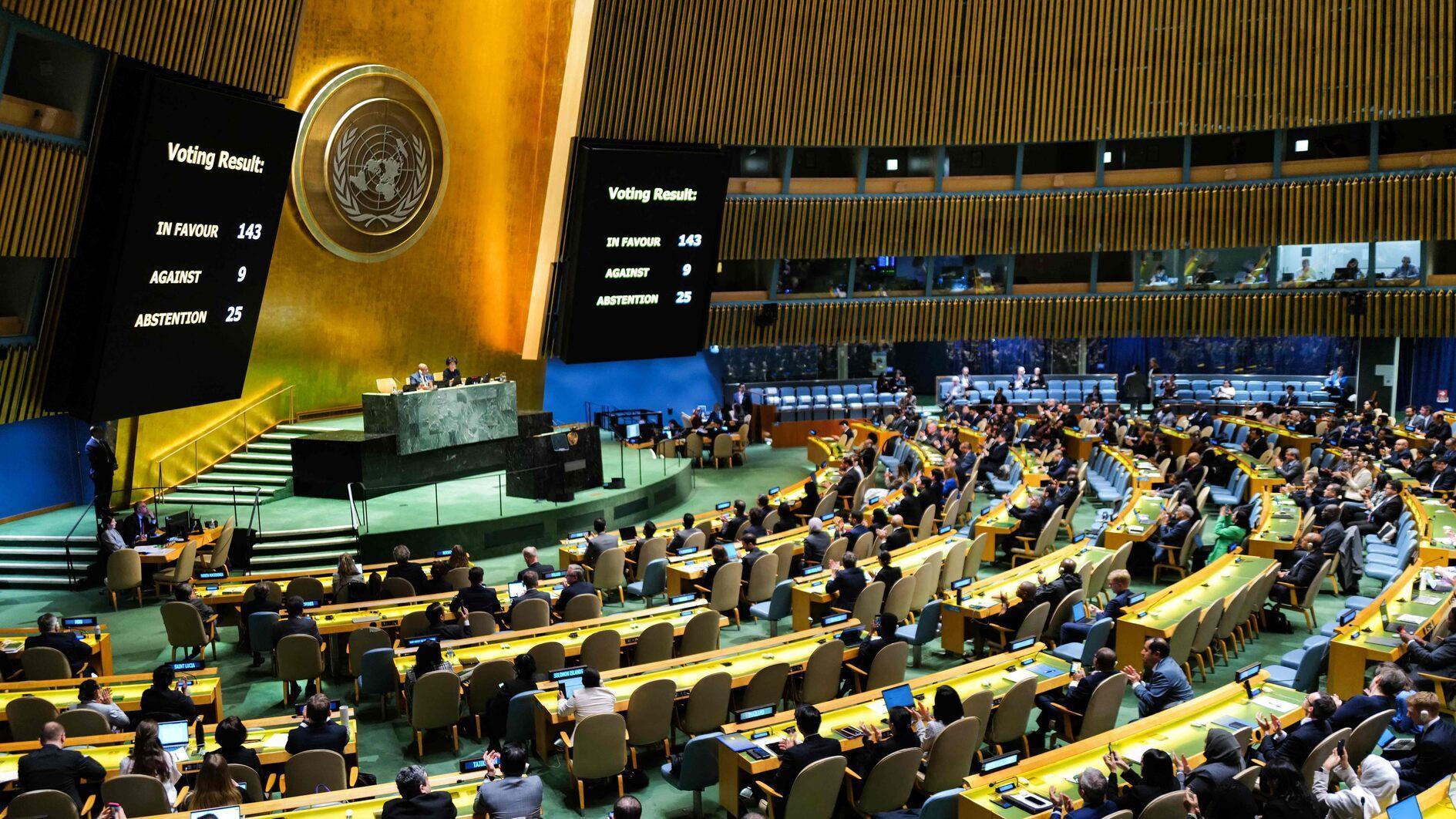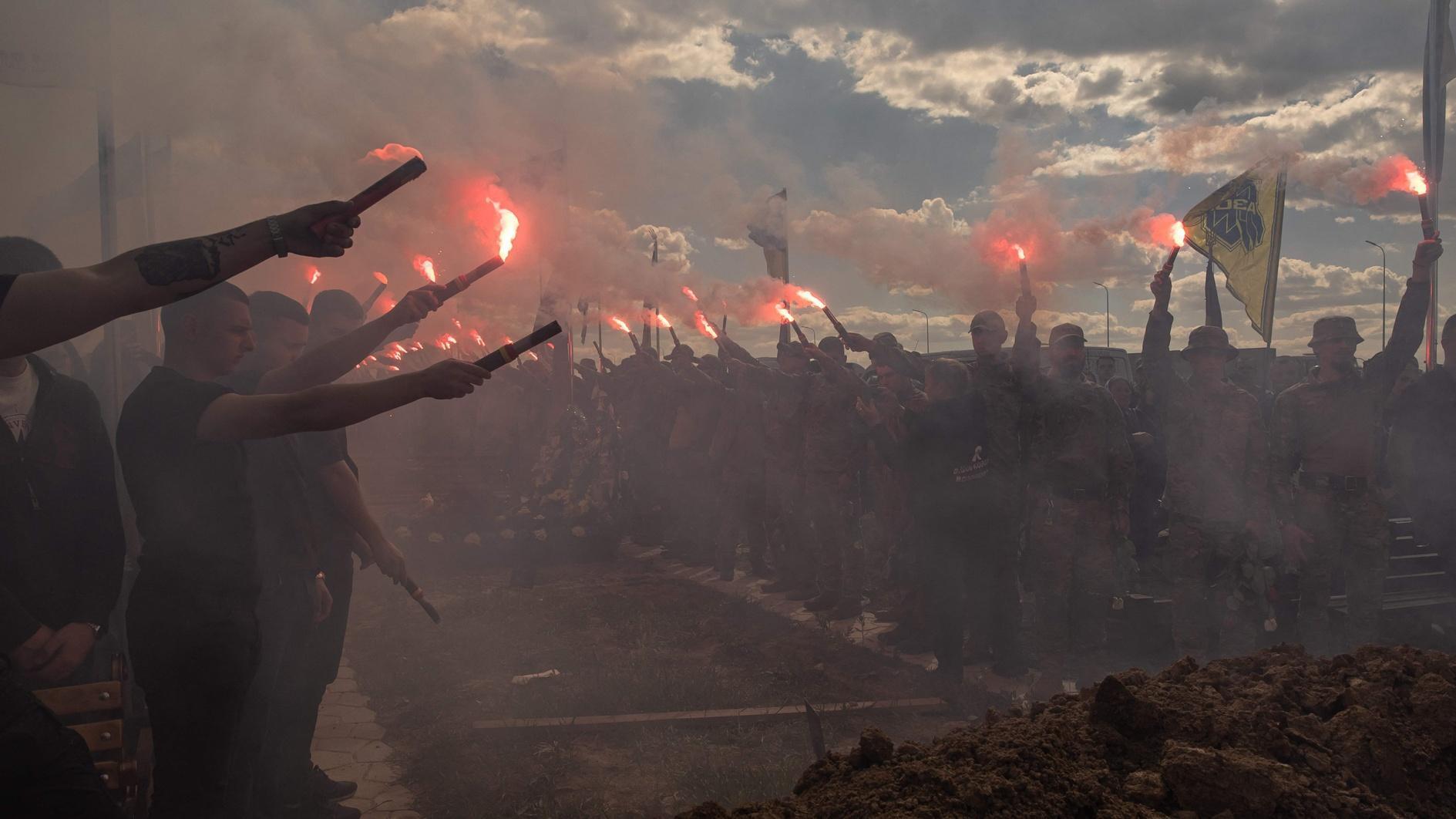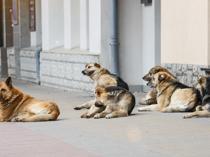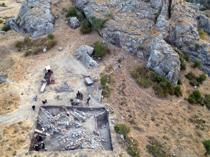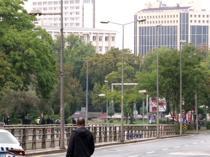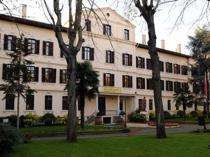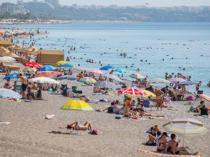Europe's cold spell hits Turkey's quake survivors
ANKARA-The Associated Press
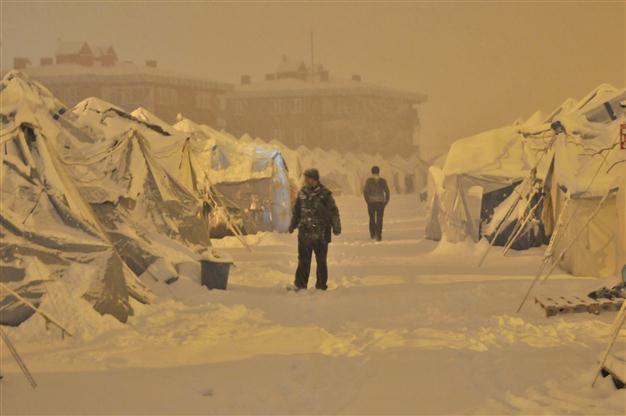
Hürriyet photo
Freezing temperatures and heavy snow in Turkey are making life miserable for the more than 140,000 residents who were left homeless by the nation's devastating earthquake four months ago and who are still living in tents or temporary shelters.The cold snap, which began in Europe in late January, has left some families in Turkey's quake relief centers trying to stay warm by using coal stoves or electric heaters, and watching their drinking water freeze overnight. Nearly a foot of snow (30 centimeters) has fallen in the quake zone, and temperatures have dipped as low as -4 Fahrenheit (-20 Celsius).
Elsewhere in Europe the situation has been much worse, with hundreds of people — most them homeless — dying in the cold, and many cities and towns being trapped by much deeper snow.
In Romania, officials on Friday reported 13 more deaths and rounded up about 220 homeless to shelter them from the deep freeze at night. Huge chunks of ice were blocking navigation on the Danube River in Romania, one of Europe's key waterways.
In October, a magnitude-7.2 earthquake and a powerful aftershock flattened some 2,000 buildings and killed 644 people around the city of Van, a provincial capital in southeastern Turkey. The government responded by moving 134,000 people to temporary homes and 7,500 others to tents.
At one of the camps on Friday, Gonul Meral, 33, who is living in a tent with her two children and her unemployed husband, said: "I am doing the dishes now, but the water in the basin is frozen so I have to heat it up again. It's so hard." The house that she and her family were renting before the disaster was destroyed by the quake.
"I miss cooking there very much," she said in a telephone interview. "Sometimes, I feel that I can't stand it another day," Meral said, sobbing.
Ragtag encampments also have sprung up in empty patches of ground in the quake zone, in the courtyards of houses, and even on the median strips of highways. These people say they prefer to stay close to their property to guard it, even if their life is tougher than it would be in the relief centers.
Prime Minister Recep Tayyip Erdogan has said one reason the quakes killed so many people was the shoddy construction work on the homes that collapsed, comparing the negligence of builders to murder.
Some of the survivors in tents are now placing plastic sheeting over their shelters to try to stay as warm as possible.
"We can't keep the stove burning late at night, fearing smoke inhalation when we fall asleep," said Meral's husband, Gurkan.
Tekin Numanoglu, 39, another tent dweller in a family of four, said it has been especially difficult for his wife, who broke a leg during the quake. Like everyone else, she has to walk 100 yards (meters) through the snow to reach the nearest toilets.



